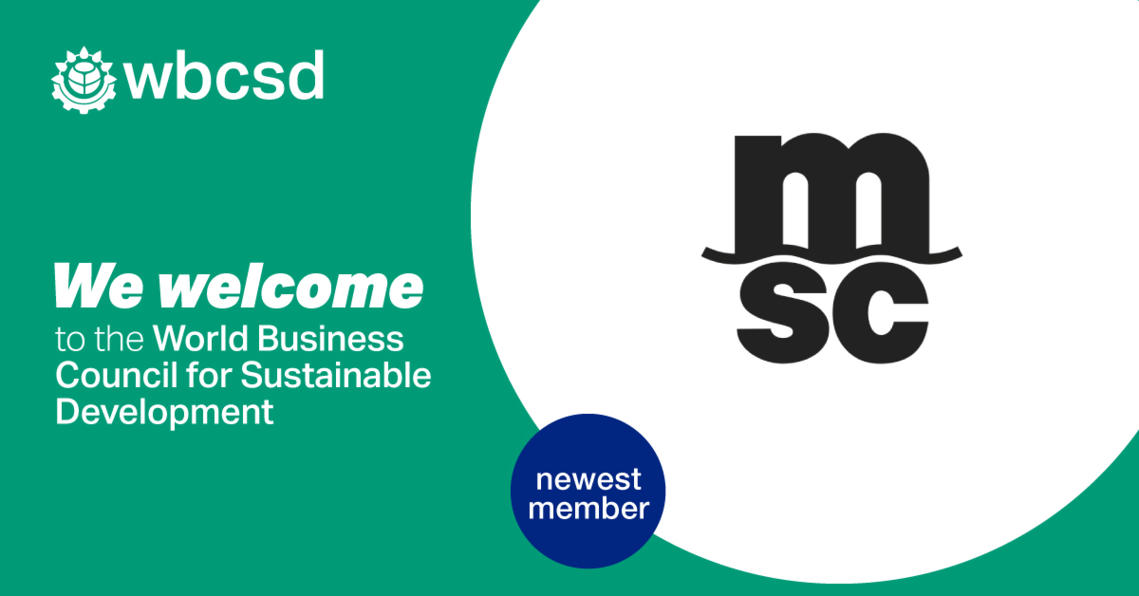Geneva, 14 September 2022 – Headquartered in Geneva, Switzerland, and part of the privately owned MSC Group, MSC’s global transport and logistics network connects the world, fostering global trade between and across all continents, generating economic growth and enabling social prosperity.
As an industry leader operating in more than 150 countries and employing more than 83,000 people worldwide, MSC’s strong core values and long-term view drive their commitment to sustainability which is firmly embedded across their business. This is reflected by a comprehensive Sustainability Roadmap that contains the UN Sustainable Development Goals at its core, with a focus on three priorities: enabling logistics decarbonization, fostering inclusive trade and addressing social challenges.
With a modern fleet of 730 vessels, MSC is committed to decarbonizing global supply chains and aims to achieve carbon neutrality across its entire Cargo Division by 2050. MSC Biofuel Solution is an example of how MSC is incorporating sustainable biofuel as part of its offerings to customers to reduce their supply chain footprint.
By joining WBCSD, MSC will collaborate with other purpose-led CEOs and contribute to support the work undertaken by the Business Commission to Tackle Inequality – an initiative powered by WBCSD to tackle inequality and ensure shared prosperity for all.
Soren Toft, MSC Chief Executive Officer said “As the engine for global trade, the shipping and logistics industry can be a force for good by catalyzing real inclusive economic growth. MSC is in a unique position to help tackle inequality and with our expanding global reach, we have a responsibility to support the communities who rely on us to create connections. We are delighted to join WBCSD, collaborating with other members to build resilience and create value across the global value chain, helping communities around the world thrive.”
WBCSD President and CEO Peter Bakker said “MSC is one of the leading companies in the shipping and logistics industry, which is a critical industry for system transformation. The company has already embarked on an innovative sustainability journey affecting the entire industry, and we look forward to working with them to make real, tangible progress to tackle the global pressing sustainability challenges of climate emergency, loss of nature and mounting inequality for a more sustainable world. Only collaboration at unprecedented levels will create the impact and scale of transformations that are required for more than 9 billion people to live well, within planetary boundaries, by mid-century – as laid out in Vision 2050: Time to Transform.”


